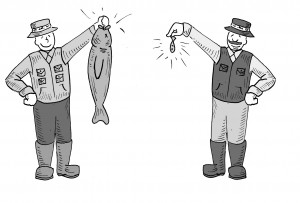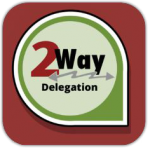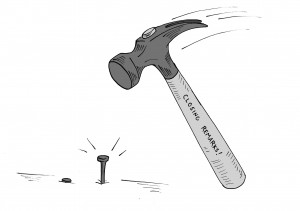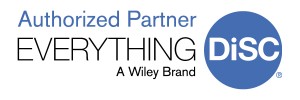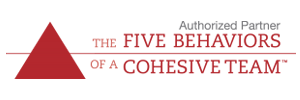Answer: The amount of information you receive in response to a question
Closed-ended questions aren’t bad – they just don’t get you a lot of information. Close-ended questions usually start with the following: do, should, can, and will. They tend to be most effective when asked at the end of a conversation to confirm commitment. Are you ready to buy? Is this the way you want to proceed?
Open-ended questions aren’t always the best option – they are optimal when you are seeking input, collaboration, ideas, teamwork, and innovative thoughts. Open-ended questions start with “what” or “how”. What is your most important product benefit? How would you like to proceed?
Warning: We are so accustomed to asking close-ended questions that they are our default. We have to intentionally ask open-ended questions to make them our new default.
Exercise: For one day, keep track of the types of questions you ask. At the top of a piece of paper, write “open” on one side and “closed” on the other. After every interaction, put a check mark under the type of question you asked. At the end of the day, review the list. What opportunities do you have to increase collaboration and idea generation in your interactions by asking more open-ended questions?
Open-ended questions have exponential value when delegating. Download the 2-Way Delegation app. You will expand your ability to increase trust and results by asking open-ended questions.
